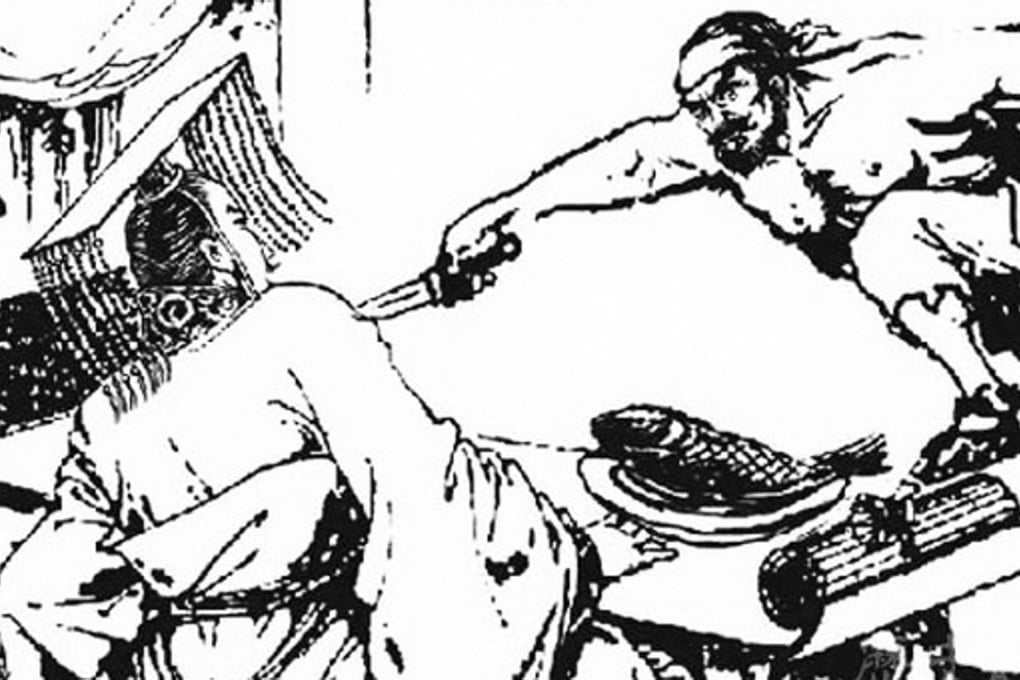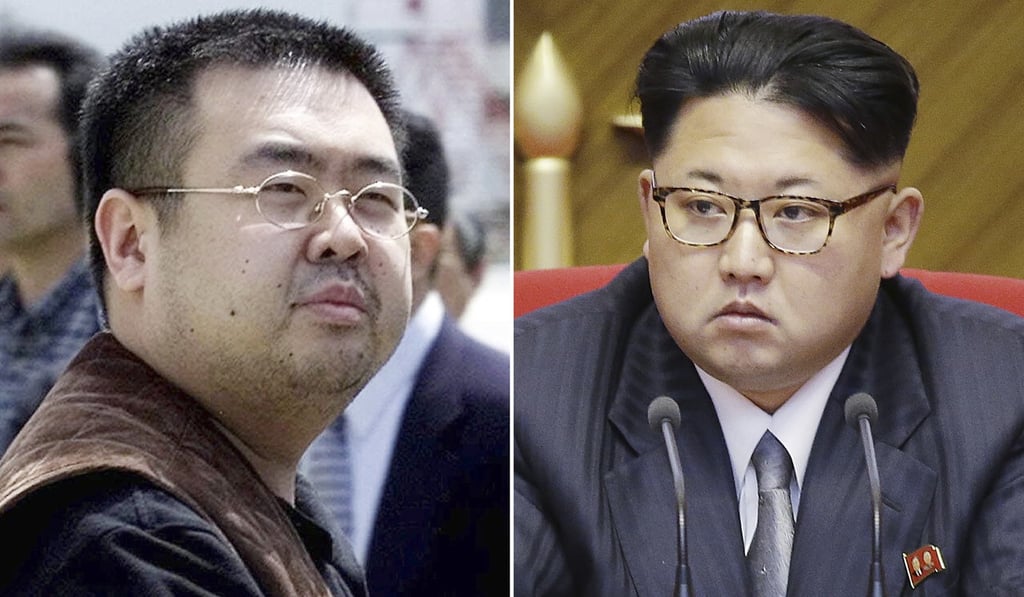Reflections | Kim Jong-nam assassination the ultimate power play? China has its own example
Prince Guang of the state of Wu had his uncle, King Liao, murdered, then promptly declared himself king

Indonesian Siti Aisyah and Vietnamese Doan Thi Huong are on trial in Malaysia for the assassination of Kim Jong-nam, the older half-brother of North Korea’s supreme leader, Kim Jong-un, in February. While it’s almost certain that the murder, carried out in broad daylight at Kuala Lumpur International Airport, was politically motivated, less clear are the motives of Aisyah and Huong, who smeared a poison on the elder Kim’s face, which eventually killed him.

Are they naive young women who had been duped into a “prank”, or are they trained assassins who knew exactly what they were doing?
In China the ambitious Prince Guang (around 537-496BC) of the state of Wu, located in the lower reaches of the Yangtze River, wanted to kill his uncle, King Liao, to take the throne for himself, but it wasn’t easy to murder the king as he was always surrounded by royal guards.

